A community of refugees from Afghanistan, brought to this country after the U.S. military withdrawal in 2021, is living in Reservoir Hill just a short walk north between Bolton Hill and Druid Hill Park. Some of the women have, with community support, formed a sewing collective and will display and sell their creations for the first time at a bazaar on Sunday, March 5, from 3 to 5 p.m. at Brown Memorial Presbyterian Church. Many of the women will be there.
Afghan Women Beyond Housework is a collective of Afghan women in their thirties, only two of whom speak English. They come together each week to learn or make use of sewing skills using donated machines and fabrics. They are mentored by Bolton Hill artist Anna Fine Foer with support from churches and Beth Am Synagogue. Brought to Baltimore under International Rescue Committee (IRC) sponsorship, they are overseen by the Luminus Network for New Americans, a Howard County non-profit group that assists new immigrants.
In all 14 families and single men, with about 60 children, form a community of about 100 residents living in Reservoir Hill apartments. Most of the men have been placed in jobs, but few of the women have ever worked outside their homes. Some are uneducated, which has long been the norm for girls and women in Afghanistan’s conservative Muslim culture. The children are mostly enrolled in neighborhood schools.
The families were relocated from Afghanistan to Qatar, Abu Dhabi, Pakistan and Germany, to name a few locales. From those locations they were flown to military bases all over the US. Many of the Afghans who are living on Reservoir Hill spent time in Quantico, VA and Ft. Lee in New Jersey. From there, they were relocated to airport hotels at BWI. Finally, four months later, they arrived on Reservoir Hill.
Barbara Cook, a retired Johns Hopkins Medicine family physician and member of Brown Memorial Presbyterian Church, along with others at Brown and volunteers from Memorial Episcopal Church and Beth Am Synagogue and individuals, have over the past year donated or rounded up clothing, furniture, computers, cars and other equipment. They have helped place children in school, created startup English classes at St. Francis Neighborhood Center, and wrestled with city and state bureaucracies over rent assistance, landlord issues, health care and more.
“We’re a small group but we’ve managed to do some useful things,” Cook said. The families are here on special immigrant visas and work permits with a two-year window to qualify for “green card” permanent resident status. Although some of the refugee men had professional or skilled craft and technical jobs at home, most are working now at Amazon, Walmart and similar places that pay less than will support large families. Rent support was provided for six months through IRC but has expired. Language issues make coping with routine life more complicated.
Volunteers are needed. And contributions.
Anyone who wants to help can be of service. Families need cultural translators – assistance in buying groceries and assembling menus; support for families with children in school; mentoring for adults who speak English and ESL classes or tutoring for those who do not; figuring out transportation options, legal advice and support in understanding their rights here. And they need help finding and qualifying for jobs. Contact Barbara Cook.
“I really enjoy it,” said Cook. “They have been through a lot,” she said. “I want to help people become independent, not dependent on us,” she said.
More about the Afghan women, Anna Fine Foer and their sewing project . . .
Although the status of women advanced substantially for some during the NATO presence in Afghanistan, historically these women from a conservative Muslim culture rarely ventured outside their homes and were buffered by a supportive extended family. So as discombobulating as any long-distance move can be, imagine the trauma of this re-location!
Enter Anna Fine Foer , an artist and textile conservator who has worked with ethnographic textiles much of her life in Philadelphia, New York, London, Israel, D.C. and, most recently Annapolis. She moved to Bolton Hill three years ago after commuting to a staff job at MICA. She became involved with the Afghans through Beth Am Synagogue. Leadership of the sewing collective is supported by Baltimore Hakhel, a collaborative community of Jewish-identifying artists.
“We set about finding donated sewing machines. When we got them, we had to get them into proper working order. We set up shop in a workspace rented from St. Francis Neighborhood Center, where some of the women were learning English, as well. Some knew a lot about sewing, others not so much. They took their machines home and worked there. We got some fabric from Scrap Bmore in Pigtown and more fabric was donated.”
“For our inaugural sale, we made decorative pillow covers that are hand-dyed and embroidered. I want them to decide for themselves what works best for them; this is a collaboration,” Foer said.
Donations of money, goods or services for Afghan Women Beyond Housework can be made through https://bethamsyagogue.shulcloud.com/payment.php. Specify that the gift is for the Afghan Women Beyond Housework. Or contact Anna@annafineart.com.
